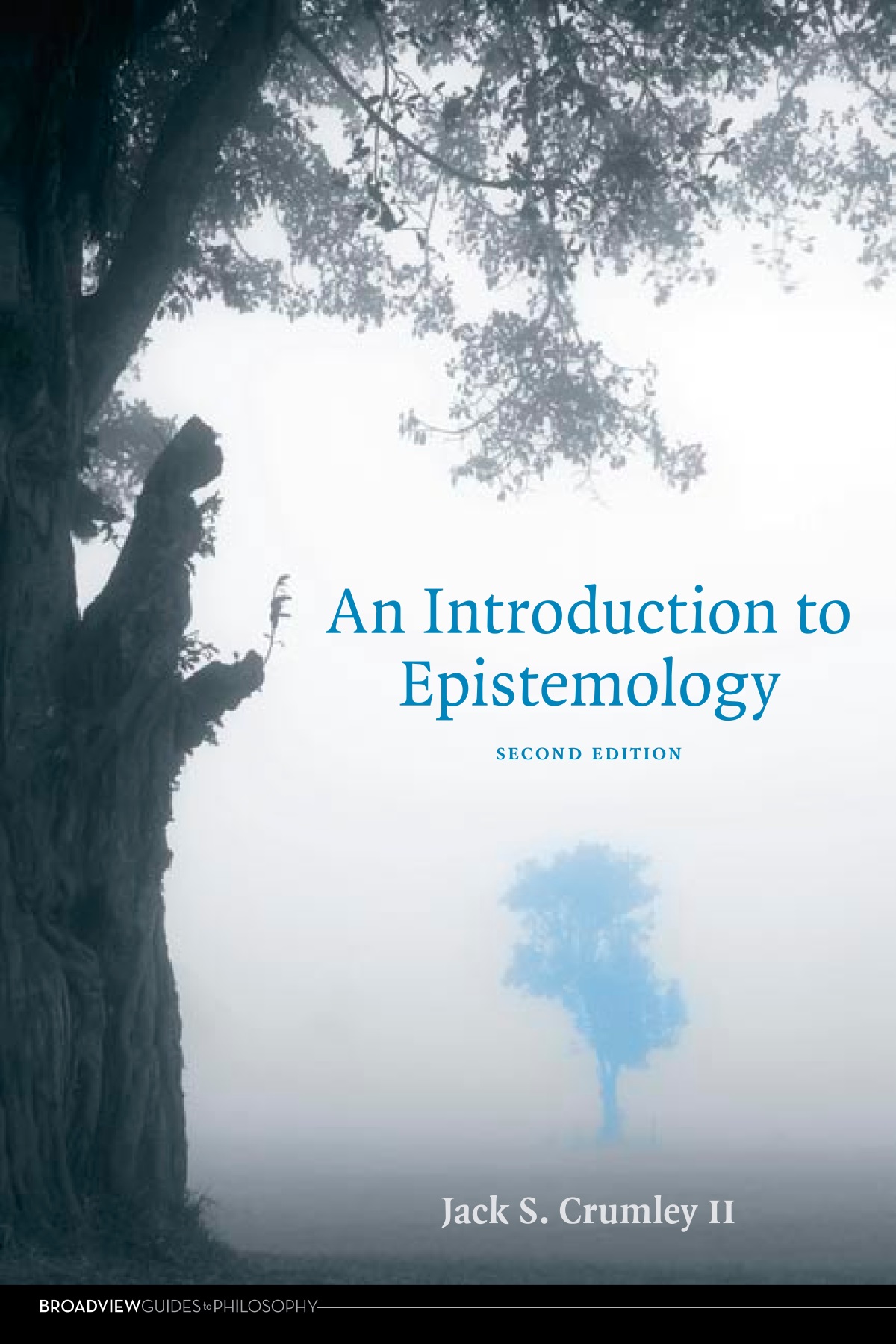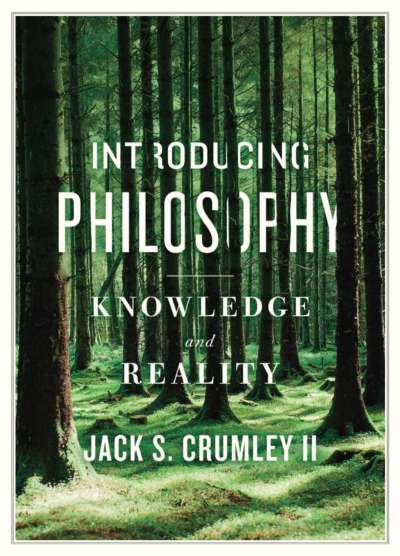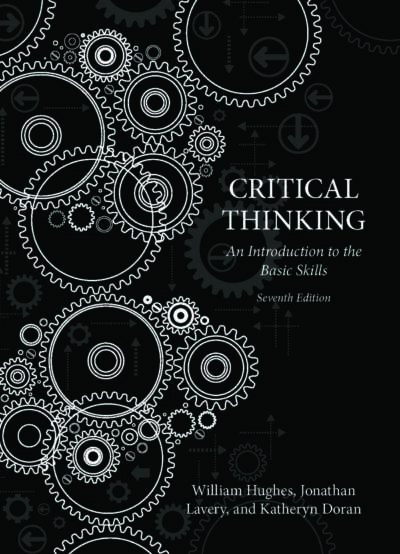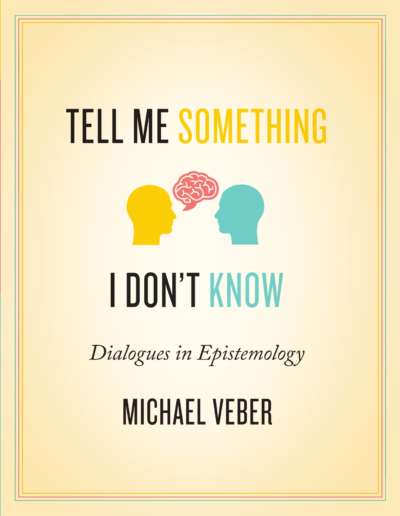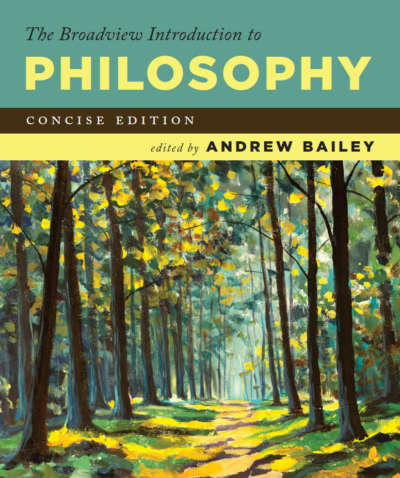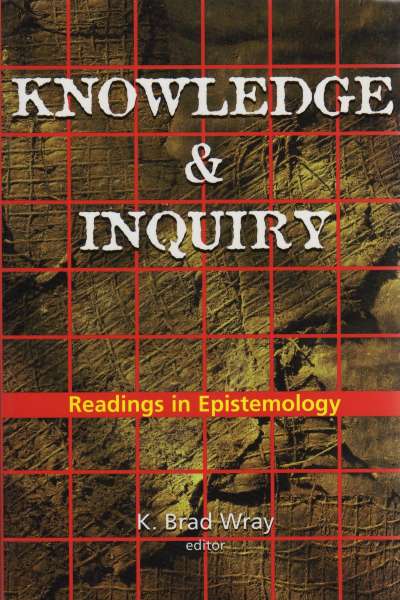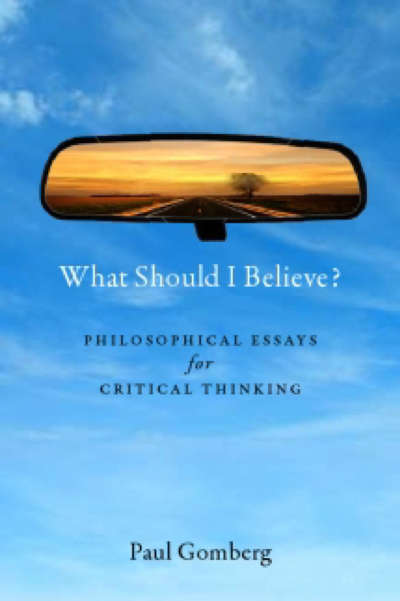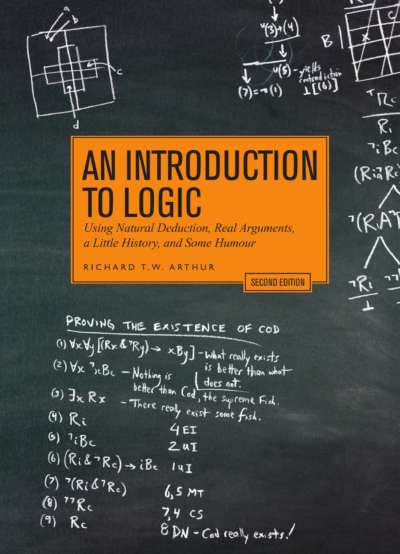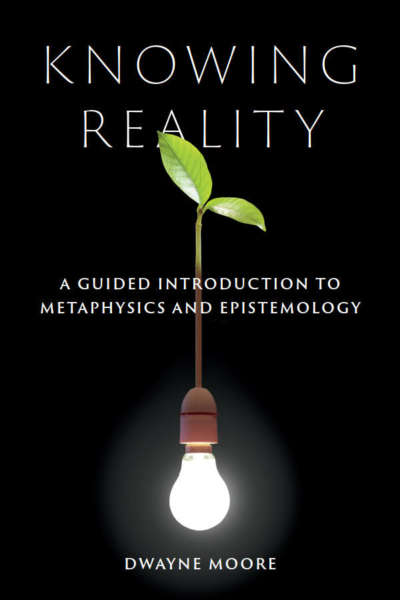The second edition of Jack Crumley’s An Introduction to Epistemology strikes a balance between the many issues that engage contemporary epistemologists and the contributions of the major historical figures. He shows not only how philosophers such as Descartes, Hume, Locke, Berkeley, and Kant foreground the contemporary debates, but also why they deserve consideration on their own terms.
A substantial revision of the first edition, the second edition is even more accessible to students. The new edition includes recent work on contextualism, evidentialism, externalism and internalism, and perceptual realism; as well, the chapter on coherence theory is substantially revised, reflecting recent developments in that area. New to this second edition is a chapter on feminist epistemology, which includes discussions of major positions and themes, such as feminist empiricism, feminist standpoint epistemology, postmodern epistemology, and feminist critiques of objectivity. It presents the important contributions of philosophers such as Sandra Harding, Helen Longino, Genevieve Lloyd, and others. Each chapter ends with a list of study questions and readings for further study.
Comments
“The second edition of Crumley’s An Introduction to Epistemology offers readers a clearly written, highly accessible, comprehensive, and insightful up-to-date introduction to the main issues, concepts, and players in contemporary Anglo-American epistemology.” — James Maffie, Colorado State University
“ … an outstanding resource for students and instructors at both introductory and advanced levels.” — Patrick Rysiew, University of Victoria
Preface to the First Edition
Preface to the Second Edition
Introduction
The Aims of Epistemology
Some Important Concepts
Tradition and Revision
Key Concepts
CHAPTER ONE Skepticism
First Skirmishes with Skepticism
Cartesian Skepticism
- Box: Academic and Pyhrronian Skepticism
The Dream Argument
The Demon Argument
The Skeptic’s Requirements
Hume, Skepticism, and Entitlement
- Hume’s Assumptions
The Rationality of Our Inductive Inferences
Box: Types of Induction
Hume and Common Sense
Box: Reasons and Causes
Skepticism and the Defense of our Cognitive Practices
- Is Skepticism Inevitable?
Two Types of Defense
Responding to the Skeptic
- Is Certainty Necessary for Knowledge?
Box: Descartes and the Probable
Show-and-Tell: Ruling Out That One Is Dreaming
Contextualism: Shifting Standards
Skepticism and Inference to the Best Explanation
Induction Again
Key Concepts
Review Questions
For Further Study
CHAPTER TWO An Introduction to the Analysis of Knowledge
The Traditional Analysis
- Truth Conditions
Motivating the Traditional Analysis
Box: Theories of Truth
Gettier and the Traditional Analysis
- Gettier-type Counterexamples
Box: Bertrand Russell and Gettier-type Counterexamples
A Defense of the Traditional Analysis
Some Strategies for Handling Gettier Problems
- A General Diagnosis
Causal Theories
Indefeasibility Theories
Box: Strong and Weak Conditions
No-False-Premise Views
The Significance of Gettier
Key Concepts
Review Questions
For Further Study
CHAPTER THREE Reliabilism
Reliability and Knowledge
- Two Versions of Reliabilism
Reliabilism and Perceptual Knowledge
Box: More on Reliable Indicator Theory
Reliabilism and the Traditional Analysis
Reliabilism and Justification
Objections to Reliabilism
- The Generality Problem
Identifying Process Types
Is Reliability Sufficient?
Evil Demons—Again
Reliabilist Responses and Revisions
- Normal Worlds and Weak Justification
Box: Reliabilism and Skepticism
Clairvoyancy
Key Concepts
Review Questions
For Further Study
CHAPTER FOUR Structure and Sources of Justification: Foundationalism
The Regress Argument
Motives For Foundationalism
- Options for the Regress Argument
A Motive for Foundationalism
Two Types of Foundationalism
- The Basic Structure
Box: Foundationalism as a Theory of Knowledge
Strong Foundationalism
Neoclassical Foundationalism
Modest Foundationalism
Box: Can Reliabilists Be Foundationalists?
Features of Modest Foundationalism
Objections To Foundationalism
- Strong Foundationalism and Basic Beliefs
Levels of Justification
Independent Information and Modest Foundationalism
The Cognitive Status of Experience
Key Concepts
Review Questions
For Further Study
CHAPTER FIVE Structure and Sources of Justification: Coherence Theory
The Intuitive Idea
- Mutual Support
Two Views of Coherence
Box: Linear Coherence
Coherence, Perception, and Belief
- The Nature of Coherence
Perceptual Beliefs and Coherence
What Do You Believe?
Box: Is the Doxastic Presumption True?
“Cycles and Loops” Lehrer’s View of Coherence
- Justifying Trustworthiness
Objections to Coherence Theory: Liberal or Conservative?
The Isolation Objection
- Box: The Isolation Objection and Its Cousins
Key Concepts
Review Questions
For Further Study
CHAPTER SIX Externalism and Internalism
Externalist and Internalist Features of Justification
Epistemic Responsibility
- Responsibility: Goals and Means
Are Beliefs Voluntary?
Box: Doxastic Voluntarism
Cognitive Access
- Strong and Weak Accessibility
Objections and Responses
Attempted Reconciliation
- Alston’s Internalist Externalism
Sosa’s Virtue Perspectivism
Box: Do Externalists Change the Subject?
Prospects for Reconciliation
Key Concepts
Review Questions
For Further Study
CHAPTER SEVEN Naturalized Epistemology
Tradition and Naturalism
- A Traditional Picture
Naturalism and Epistemology
Box: Facts and Values
Quine’s Vew of Naturalized Epistemology
- First Philosophy
Box: Quine and the Rejection of the A Priori
The Normative Character of Naturalized Epistemology
Box: Science Studies Science: The Strong Programme
The Goal of Inquiry
The Goal of Inquiry: Normative and Natural
Box: Evolutionary Epistemology
Naturalized Epistemology and Supervenience
Tradition, Reduction, and Supervenience
- Quinean and Modest Naturalized Epistemology
Three Options
Key Concepts
Review Questions
For Further Study
CHAPTER EIGHT Feminist Epistemology
Traditional Epistemology, Science, and Knowledge Products
- Scientific Method and Values
Objectivity
- Should We Want Objectivity?
Reason
A New Look for Epistemology
- Feminist Empiricism
Box: Coherentism and Feminist Epistemology
Feminist Standpoint Epistemology
Feminist Naturalized Epistemology
Does Feminist Epistemology Look Different?
- Box: Ecological Naturalism
The “Feminist” in “Feminist Epistemology”
- Feminist Epistemology in a Chapter
Key Concepts
Review Questions
For Further Study
CHAPTER NINE A Priori Knowledge
The A Priori and Necessity
- An Epistemological Distinction: A Priori and A Posteriori
A Metaphysical Distinction: Necessary and Contingent Propositions
Historical Theories of the A Priori
- The Traditional Theory of A Priori Knowledge
Box: The Principle of Contradiction
Kant and the Synthetic A Priori
Box: Hume and Kant on Analytic and Synthetic Judgments (Propositions)
Contemporary Views of the A Priori
- Linguistic Accounts of the A Priori
The Traditional, the Linguistic, and the Truth
Quinean Reservations
Necessity and the A Priori
No Experience Required: Synthetic A Priori Propositions
Key Concepts
Review Questions
For Further Study
CHAPTER TEN Perception
The Simple Story: Naïve Realism
Naïve—An Illusion?
- Further Arguments Against Naïve Realism
Box: Blindsight?
The World of Sense Data
- An Intuitive Approach
Some Common Features
Representative Realism
- Primary and Secondary Qualities
A Lockean Response or No Way Out?
Science to the Rescue?
Some Reactions to Representative Realism
Phenomenalism
- Berkeley’s Factual Phenomenalism
Linguistic Phenomenalism
Is Linguistic Phenomenalism Plausible?
Box: Linguistic Phenomenalism and the Skeptic
Berkeley Again
Reviving Direct Realism
- Adverbial Theory
The Doxastic View
Perceptual Experience and Realism
Key Concepts
Review Questions
For Further Study
Glossary
Bibliography
Index

